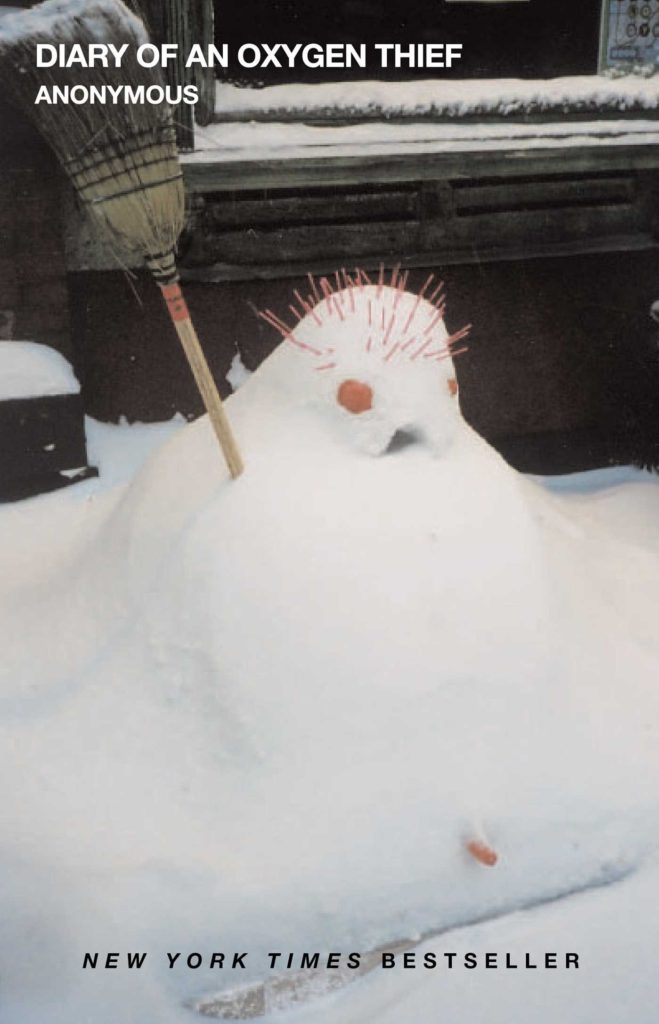
An Irish ex-alcoholic creative confesses to his past emotional abuse of women, with the opener, “I liked hurting girls.” Somewhere between JT Leroy and Bret Easton Ellis, the anonymous author looks back with some regret – and some pride and sentiment – to the times that have shaped him to reach the place he greets us from, a near-future from the events told.
The protagonist is struck with the curse of being a handsome and magnetic flâneur, a drunken creative to whom women gravitate, and fall in love. When he is dumped unceremoniously and left heartbroken and angry by his long-term girlfriend Pen, he decides on a suicide mission of emotional sexual attacks on any girl that he can get into bed.
He is an unreliable narrator. At the beginning of the book, he is careful to tell us he has never physically hurt a woman. But this is not true. As his exploits grow increasingly sadistic, he both semi-rapes and beats up women, without pleasure or remorse.
Eyes are a theme. He says he has honest eyes that helped him dupe girls into loving him. He also says that their eyes draw him in. Some women seem to be playing the same game as him, “whatever that is,” he says. The irony is that the reader will also be using their eyes to experience in detail his sick experiences.
The writing is crisp and fast. Short sentences pepper the page, doing their job to get the story out. There is space for the reader to crawl away in disgust, but the pace leads on to take in yet another nugget of pain. It would be an interesting experiment to read this book in one sitting, though it’s doubtful any reader would be able to shake it off easily if they did. There is a raw, nerve-catching edge of male angst on show that is rarely talked about. There are many points that will sting with reality, such as the way he lines women up to date, and the woman who tries to woo him with a “bullshit vegetarian meal” that still bubbles on the stove uneaten as he rapes her on the kitchen floor.
It’s not, as the critics have puzzlingly said, a “hilarious” read. It’s a cynical heave at the privileged white male gone awry as American Psycho by Bret Easton Ellis and The Sandman by Miles Gibson were before it, something the writer was already feeling in the water in 2006. What are privileged white men to do with their status? Where do you go from the top? This one decides a battery of revenge on the gamey female is the only solution.
The writing does err on the self-published side at times, and could have done with being a little longer as the ending is rushed. It would have also benefitted from a developmental edit before it was published. However, it is a good example of what self-published turned bidding-war-echelon-published can look like.
Is it sexist? Yes. Is it unnecessarily violent and coarse? Yes. Is it offensive? Yes. And yet, this book is a cult classic with the hipster Feminista, selling out in small bookshops that cater almost entirely to this demographic in both the UK and US. Women still feel the need to understand the black undertow of the male psyche, and Anonymous shows one brutal face of it very clearly.
An important book for today’s bubbled zeitgeist, if not just for the debate.
Available At

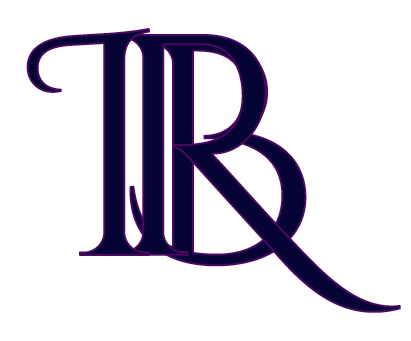
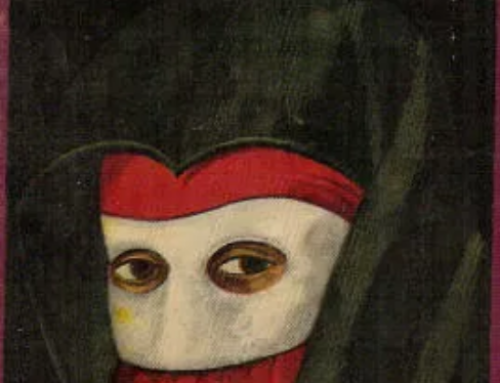
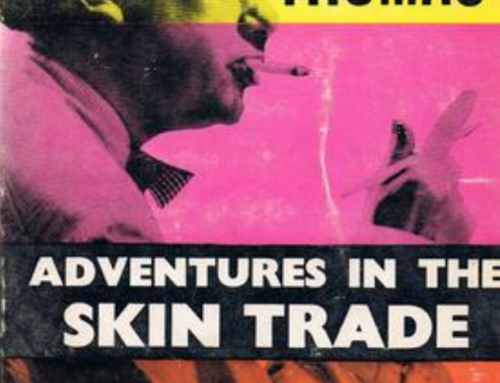
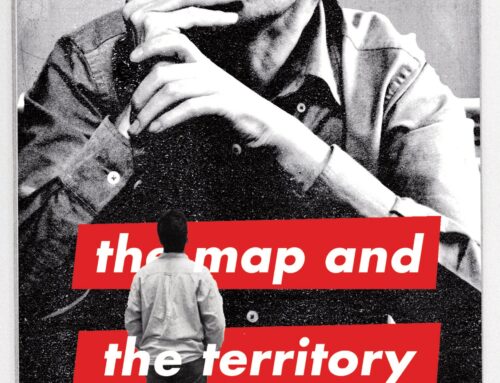
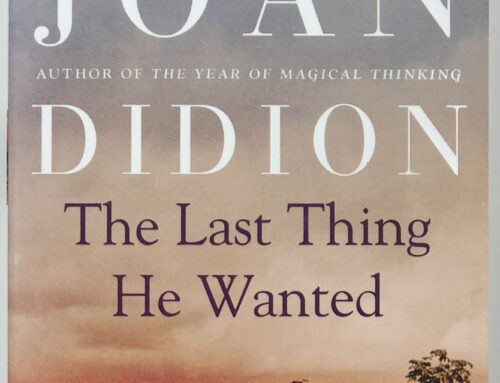
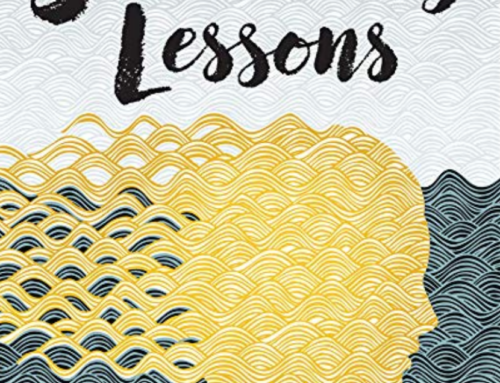
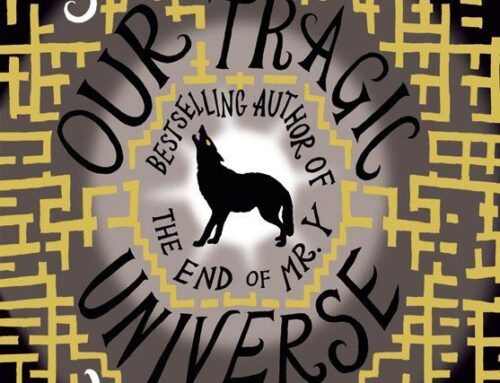
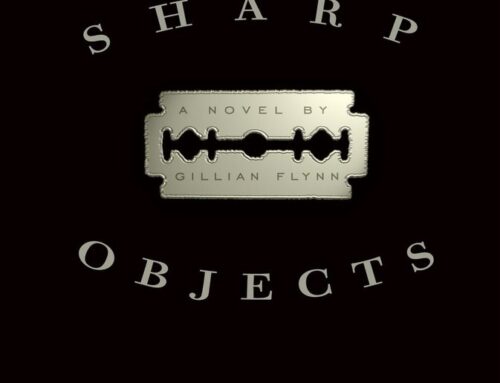
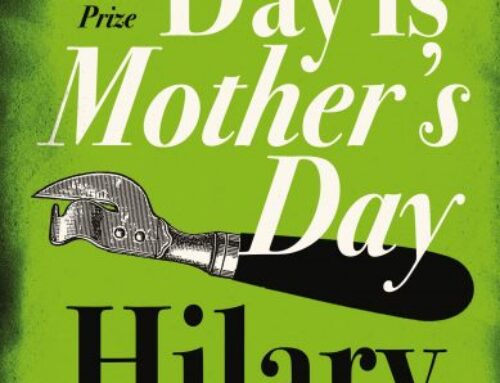
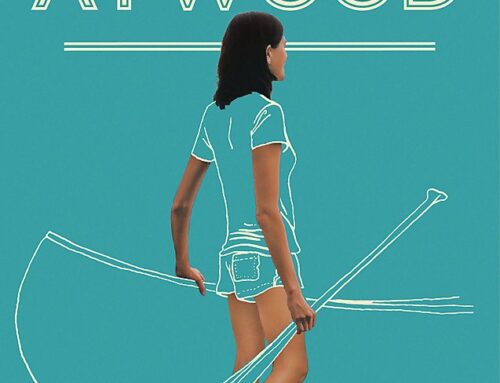
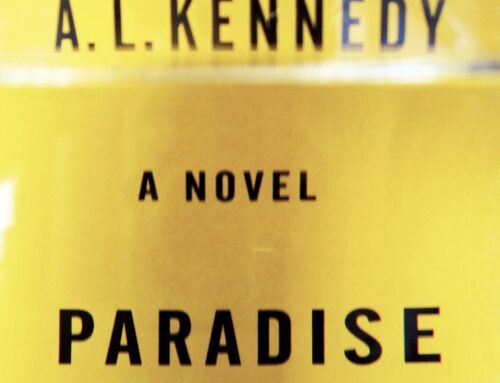
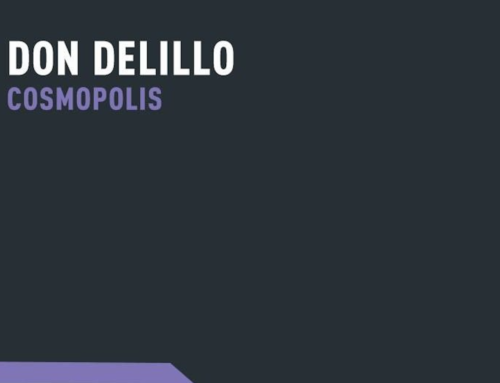
Leave A Comment